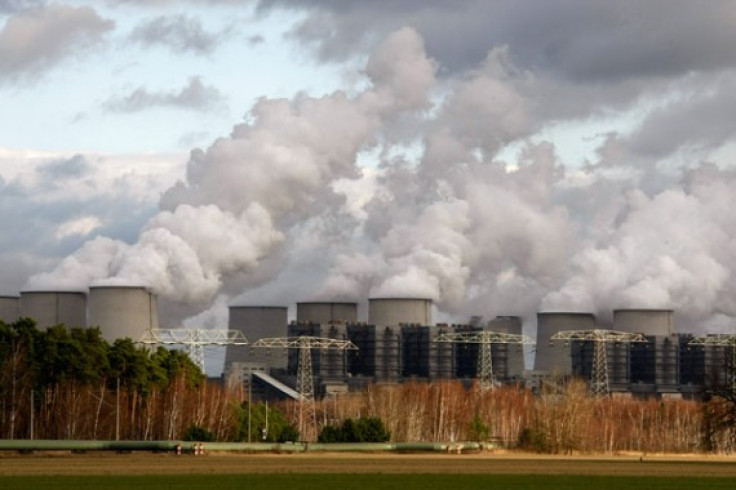Climate Change Conference: U.S. and Saudi Arabia Reluctant to Commit to Global Climate Fund

The United States is reluctant to sign off on a collective global climate change fund, undermining already tense negotiations ahead of official U.N. climate change conference to begin on Monday in Durban, South Africa.
Plummeting carbon prices, a deteriorating economy and next year's U.S. presidential election are among the fears said to make it difficult for the climate change summit to make progress with a new comprehensive global agreement before the main requirements of the Kyoto protocol expire at the end of 2012.
Officials confirmed on Thursday that the U.S., backed by Saudi Arabia, has still not agreed to adopt a plan for the Green Climate Fund, according to a report in the Financial Times. The Green Climate Fund is one of few measures to transpire from seven years of talks on how countries should share the burden of cutting greenhouse gas emissions, with wealthy countries expected to carry the weight of the funding to support poor and vulnerable countries.
The global fund was originally proposed at the 2009 Copenhagen climate change conference, where wealthy countries are expected to rally by 2020 to carry the weight of the $100bn per year funding to support developing and vulnerable countries.
Simultaneously, the price of carbon permits in the European Union, whose members are essentially the only wealthy countries to offer conditional support for a new phase of the Kyoto agreement in Durban, willing to offer plummeted to record lows.
Although the eurozone debt crisis is partly to blame for the price decreases in the world's largest emissions trading scheme, a UBS report said "the scheme is not working" and will suffer from an oversupply of permits until 2025 has also unnerved traders.
Under Brussel's six-year-old emissions trading scheme, the price of European allowances fell to a record low of €7.80 on Thursday, and have plunged 15 per cent this week. Consequently, the EU could be more open to attacks from those opposed to a deal in Durban that its own policies are unsatisfactory.
In the lead up to talks in Durban, the U.S. and Saudi Arabia disagreed on the adoption of a report detailing how the Green Climate Fund should be created.
The U.S. has never approved of the Kyoto protocol and said it wants more work on issues such as private sector involvement in the global climate fund and which countries would contribute. Saudi Arabia wants reimbursement for oil-producing countries for revenues lost as a result of climate change actions.
The U.S. special envoy for climate change, Todd Stern, has said the US is "a strong supporter of the basic [fund] concept" but considers its design "a little bit problematic".
UK secretary of state for climate change, Chris Huhne, attributed this opposition to "negotiating tactics". However, some people close to the talks fear that if the negotiations over a legally binding deal collapse, the Green Climate Fund will crumble too.
The 17<sup>th Conference of the Parties (COP17) climate change conference will run from Nov. 28 to Dec. 9.
© Copyright IBTimes 2024. All rights reserved.





